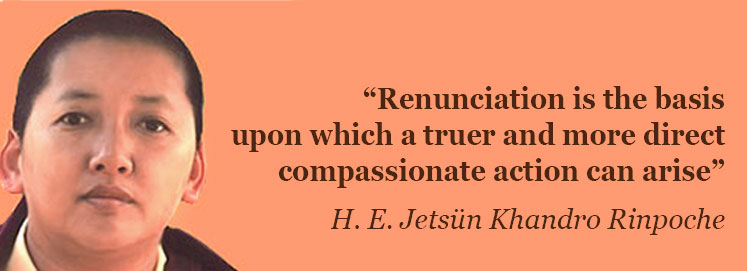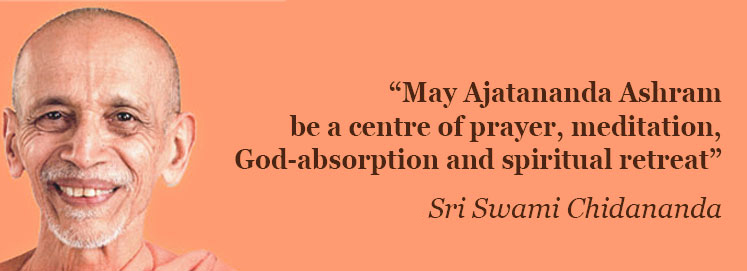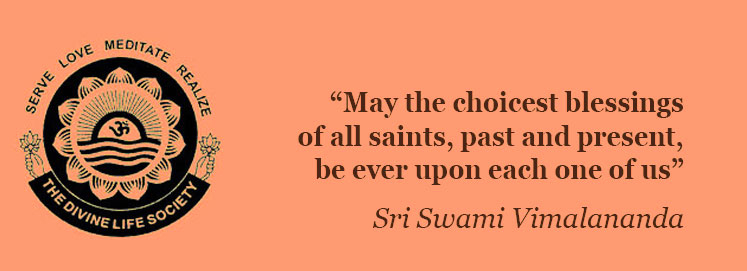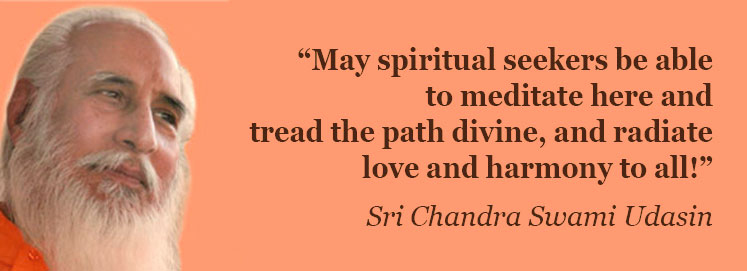Message of H.Em. Jetsün Khandro Rinpoche (November 21, 2010)

by admin
Renunciation in the Buddhist Tradition
Dear Friends,
On behalf of Mindrolling Monastery in India, I would like to thank the wonderful vision and efforts of Swami Atmananda Ji and everyone at the Ajatananda Ashram.
In today’s world with all the misunderstandings and aggression erupting from the lack of compassion, tolerance and a true understanding of deeper human potential, this effort of forming an interreligious dialogue on Renunciation marks an auspicious meeting point for us all. We have a great hope for its ability to bring awareness, understanding and a sense of peacefulness to many beings.
The Buddhist view of renunciation is based not in distancing oneself from the others but through renouncing of the ego or the “self” and finding a better ability of generating an introspection that arouses the wisdom which illuminates the basic goodness, the core quality of every human being.
It is said that though this ability and the need to recognize this human potential is inherent, the fact remains that this realization of our inner basic nature almost always escapes our mind and it becomes difficult for us to see or realize it because we are clouded by the many distractions of worldly affairs and we are therefore further absorbed into samsara.
It is with this problem of the many distractions of samsara in mind that our great, enlightened masters of the various traditions have all emphasized the importance of contemplation and renunciation as a means for recognizing and gaining confidence of our basic nature.
Renunciation is a vital path in the Buddhist practices too, but it is in the modern world often misunderstood and many practitioners seeing it as either a difficult path or as unnecessary or even self-centred, often find themselves unable to relate to it. But this sort of thinking demonstrates ignorance of the intention of renunciation. When one assumes the Pratimoksha vows one in actuality takes up the discipline of achieving pure selflessness and with the Vinaya vows one is actually cultivating humility of body, speech and mind, and in that way seeing this as the path that liberates the self from the enslavement of the ego. The fundamental foundation of vows of renunciation is to abstain from harming others. Therefore it is also called ethics or discipline wherein one strives for absolute renunciation of harming others. How can this be unnecessary or unimportant with all the troubles and suffering the world and beings living in it experience today? How could anyone also not see its importance or relevance in our lives today?
In essence the training in observing the Pratimoksha vows is to avoid all negative actions that could be a source of mental affliction and pain for oneself and others. This allows for the chain of negative habits and tendencies to be broken – establishing a good basis for the path of practice that is the source of peace, joy and benefit for oneself and all sentient beings. As long as one’s mind is weak and attracted to the source of our emotion, it would be easy to be influenced or overwhelmed by anger, desire and confusion. The vows are actually a defence against encountering mental afflictions or their source. In the Buddhist tradition, once one’s mind has gathered strength to stand on its own (or in its own true nature) with less influence from physical activities or external influences one can put more emphasis on the activities of a Bodhisattva or extending oneself outward in order to liberate all sentient beings from the dukkha of samsara. It is with that view that renunciation is taught as the basis upon which a truer and more direct compassionate action can arise within each individual.
Therefore we are truly delighted and encouraged that this retreat is being held in conjunction with the hundredth anniversary of Sri Swami Abhishiktananda’s birth and as a celebration of his life’s work and vision of a community of monastics from different traditions all seeking the Truth. We sincerely pray that all participants may find great benefit here and that all spiritual people and followers of various traditions become more aware and have greater understanding of the vital importance of renunciation as a path to peace. May this auspicious occasion really pave a path of mutual understanding among all precious traditions and beliefs and the wisdom that illuminates from this vision inspires others to follow this remarkable and inspiring example.
With humble greetings and respects,
Mindrolling Jetsün Khandro Rinpoche
*Her Eminence Jetsün Khandro Rinpoche is a lama from the Nyingmapa Mahabuddha Vihara, Clementown, Dehradun (Uttarakhand)
Recommended Posts

Message of Sri Swami Chidananda Saraswati (November 5, 2006)
April 11, 2023

Message of Sri Swami Vimalananda Saraswati (November 21, 2010)
November 21, 2010

Message of Sri Chandra Swami Udasin (November 21, 2010)
November 21, 2010

